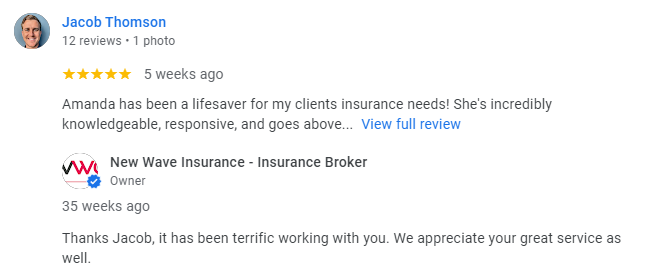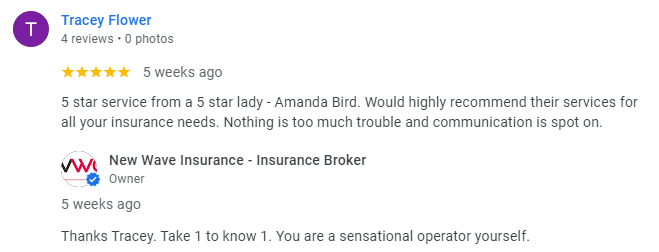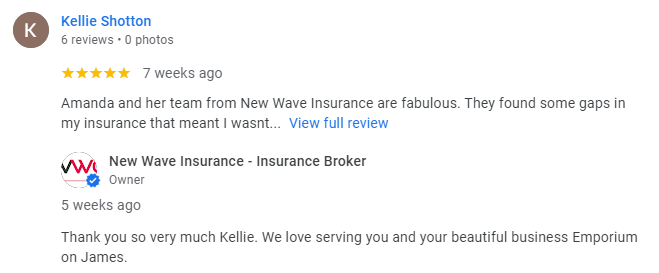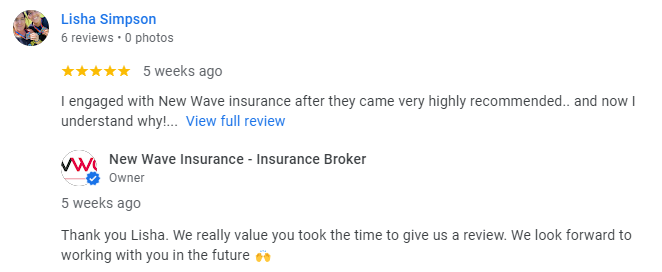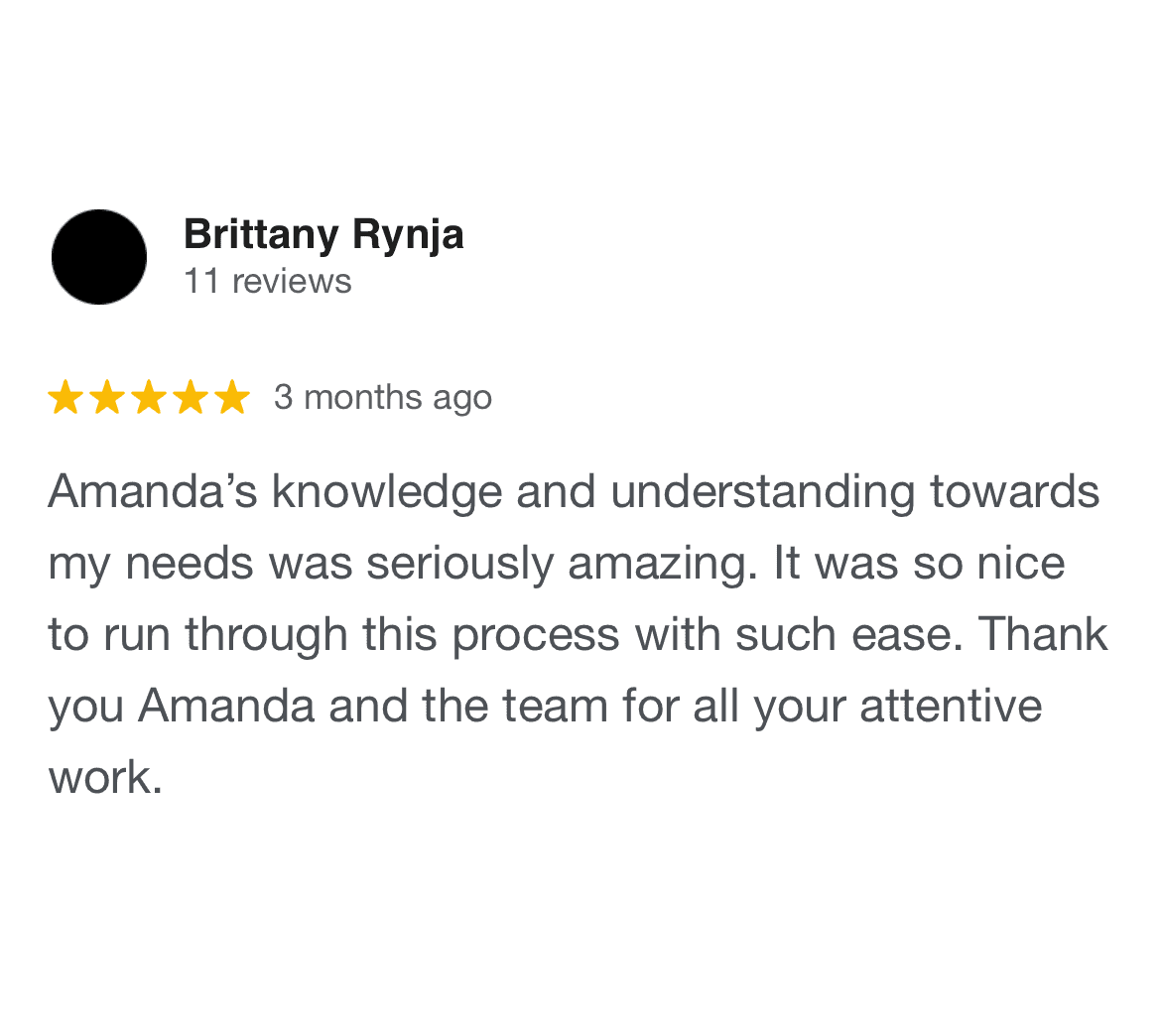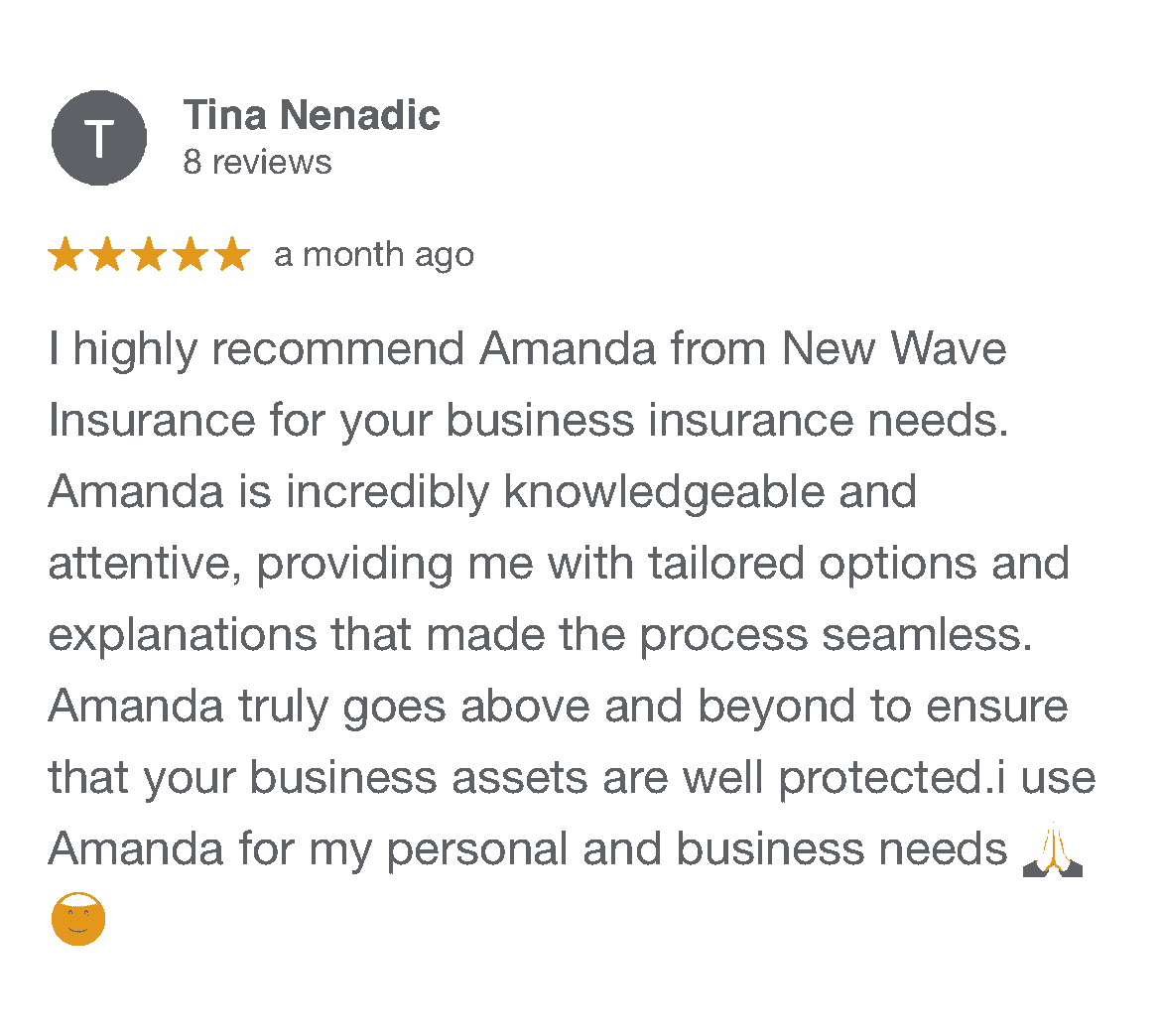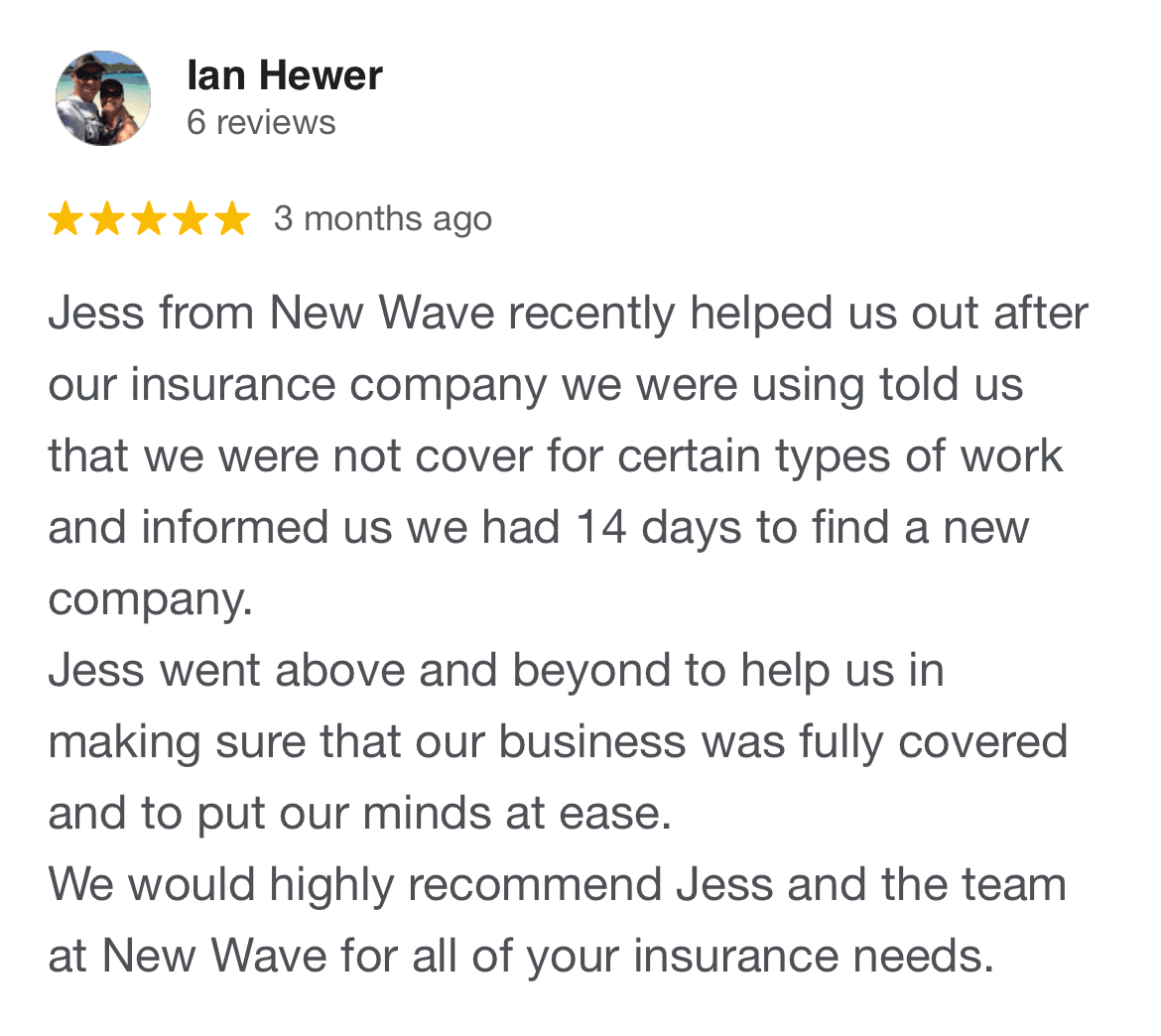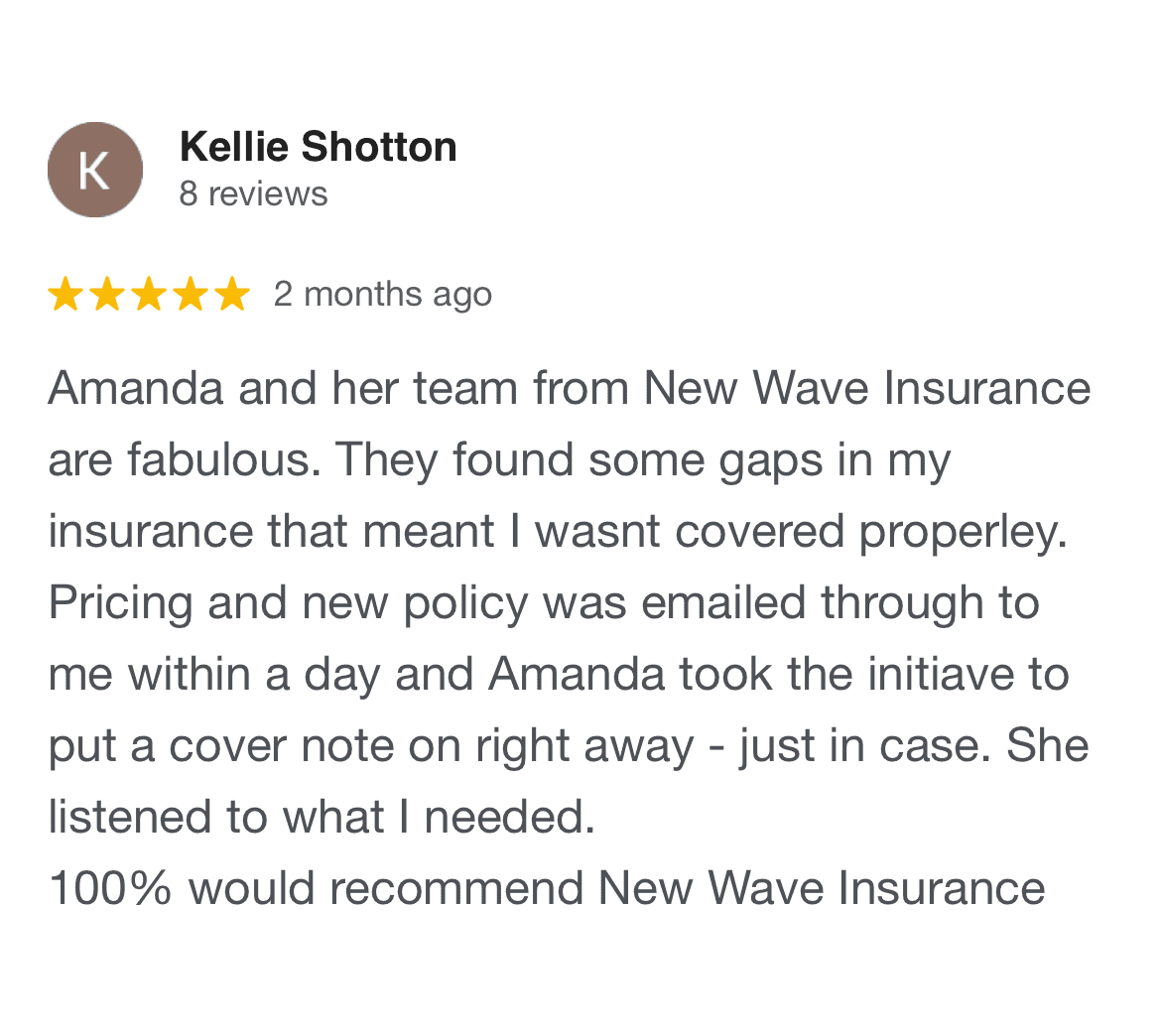- Transparent & Fixed Fee Pricing Packages
- Fanatical Client Communicators
- Results & Outcomes Focused
- Provide Our Clients Relief & Peace of Mind
- Approachable Experts & Advisors
- Home
- Services
Services
- Business Insurance
- Business Interruption Insurance
- Contractor Insurance
- Truck Insurance
- Commercial Property Insurance
- Plant & Equipment Insurance
- Public Liability Insurance
- Management Liability Insurance
- Professional Indemnity Insurance
- Home and Contents Insurance
- Cyber Insurance
- Marine Transit Insurance
- Tool Insurance for Tradies
- Farm Insurance
- Event Insurance
- Landlord Insurance
- Motor Insurance
- Travel Insurance
- Trade Credit Insurance
- Business Insurance
- Business Interruption Insurance
- Contractor Insurance
- Truck Insurance
- Commercial Property Insurance
- Plant & Equipment Insurance
- Public Liability Insurance
- Management Liability Insurance
- Professional Indemnity Insurance
- Home and Contents Insurance
- Cyber Insurance
- Marine Transit Insurance
- Tool Insurance for Tradies
- Farm Insurance
- Event Insurance
- Landlord Insurance
- Motor Insurance
- Travel Insurance
- Trade Credit Insurance
- Industry
Industry
- Cafe Insurance
- Construction Insurance
- E-commerce Insurance
- Earthmoving Insurance
- Electrician Insurance
- Eyelash Technician Insurance
- Fleet Insurance
- Handyman Insurance
- Hospitality Insurance
- HVAC Insurance
- Mechanic Insurance
- NDIS Insurance
- Plumbers Insurance
- Psychologist (Allied Health) Insurance
- Recycling Insurance
- Restaurant Insurance
- Road Construction Insurance
- Roofing Insurance
- Solar Installation Insurance
- Strata Insurance
- Lawn Mowing Business Insurance
- Cleaning Business Insurance
- Support Workers Insurance
- Beauty & Cosmetic Insurance
- Supplement Company Insurance
- Cafe Insurance
- Construction Insurance
- E-commerce Insurance
- Earthmoving Insurance
- Electrician Insurance
- Eyelash Technician Insurance
- Fleet Insurance
- Handyman Insurance
- Hospitality Insurance
- HVAC Insurance
- Mechanic Insurance
- NDIS Insurance
- Plumbers Insurance
- Psychologist (Allied Health) Insurance
- Recycling Insurance
- Restaurant Insurance
- Road Construction Insurance
- Roofing Insurance
- Solar Installation Insurance
- Strata Insurance
- Lawn Mowing Business Insurance
- Cleaning Business Insurance
- Support Workers Insurance
- Beauty & Cosmetic Insurance
- Supplement Company Insurance
- About Us
- Contact Us







